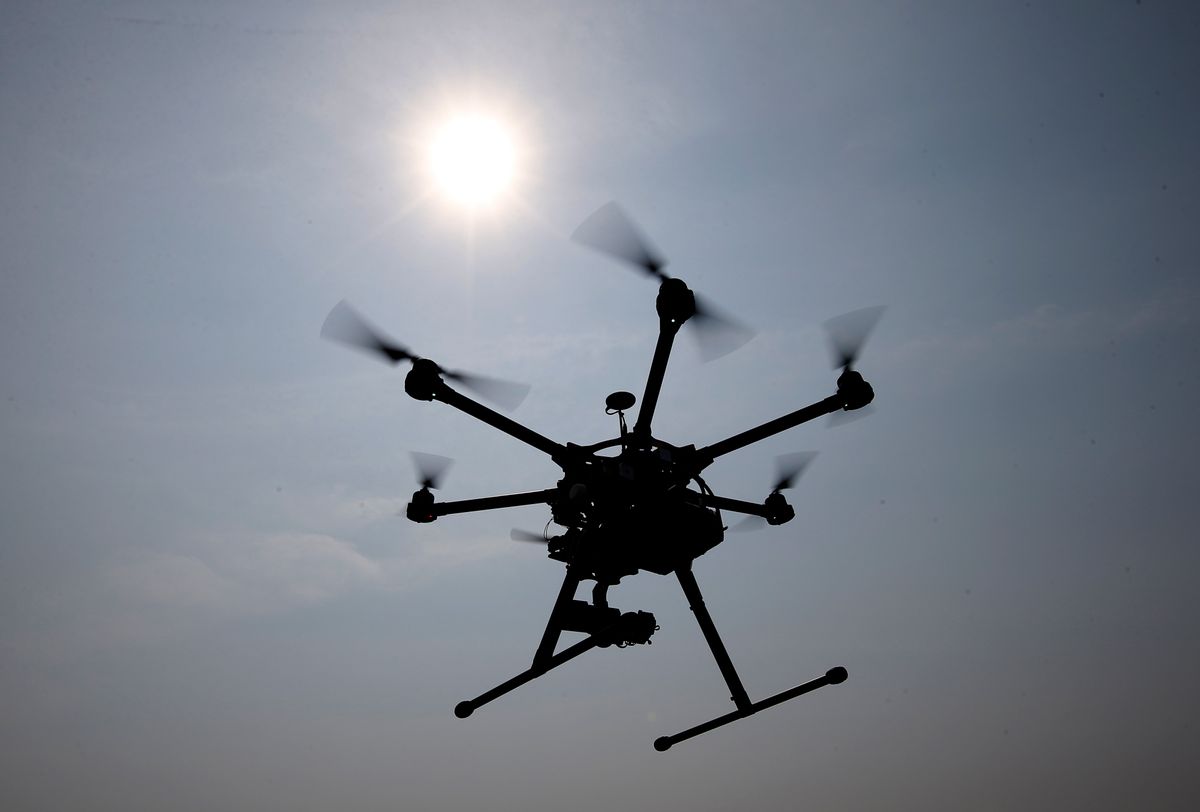The skies above may be clear, but starting today, they're very unlikely to be empty anytime soon. On Monday, the Federal Aviation Administration's new regulations for drone-piloting go into effect, and FAA estimates that before the end of the year, the number of approved drone-pilots will exceed 171,000 -- the number of currently licensed private pilots.
The FAA's new requirements state that drones must weigh less than 55 lbs., fly to a maximum height of 400 feet, and not exceed speeds of 100 miles per hour or fly before sunrise or after sunset.
In a press release, the FAA touted drones' ability to assist in agriculture, search and rescue operations, and film and video production -- but most companies know that the most lucrative market, the one likely to produce the majority of the 100,000 jobs the FAA estimates the new regulations will create, will be in home delivery.
Domino's is already testing drone delivery in New Zealand, and hopes to implement it in the United States by the end of this year or the beginning of next. The problem, however, is that New Zealand is a sparsely populated country, making drone delivery much easier than it would be in more urbanized environs in the United States.
Still, the new regulations should push innovation in drone technology, perhaps making urban air-lifting a feasible goal for companies like Domino's or Internet retailers like Amazon, which hopes to have its drone fleet aloft by the middle of 2017.



Shares